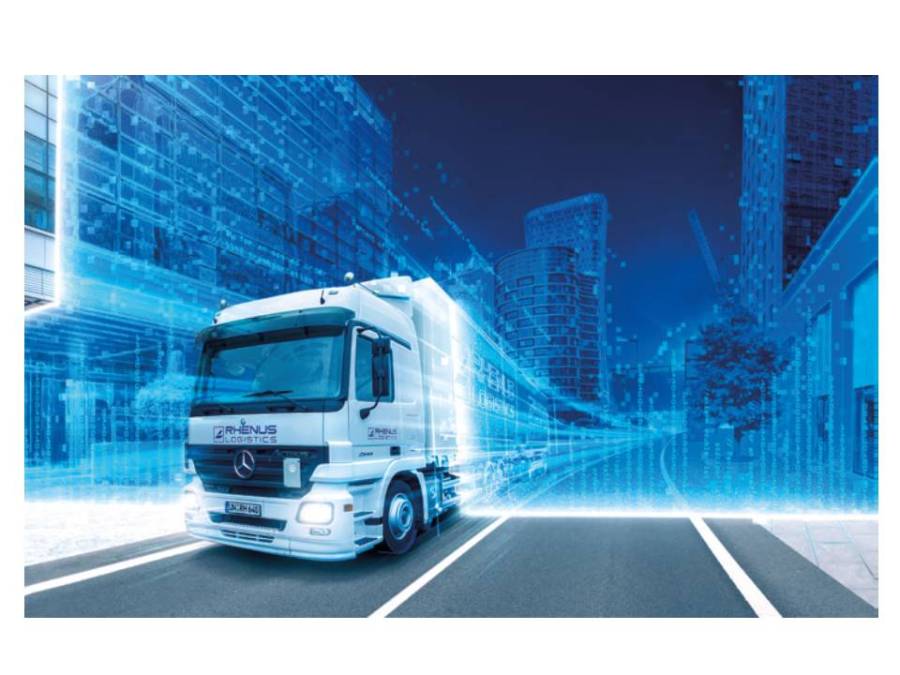Global freight operator Rhenus has certainly confirmed its commitment to electric vans, adopting e-LCVs to fulfil the delivery of goods in Germany. However, the company has said it believes the future of electric trucks in the UK “is less clear”.
“While the impact of London’s ultra-low emission zone is filtering through the transport sector, we think it will be infrastructure and technology challenges, not legislation, which will ultimately determine the fate of long-range electric HGVs,” said Gary Dodsworth, UK director, Rhenus.
“Most transport experts think the market is not ready to embrace pure EV trucks here in the UK.”
According to Rhenus, the biggest challenge for EV trucks will be the development of cost- effective, lightweight batteries with the required public charging infrastructure to support them.
For the HGV market to ever switch to pure EV, batteries will need to deliver the equivalent range and payload capacity of a conventional tractor unit, it said – and this will require battery developers to make enormous strides over the next few years.
Beyond this, it will require logistics companies to install large rapid-charging points at depots.
Rhenus said while EV trucks “are grabbing headlines”, this technology “is not the only game in town”.
Indeed, it pointed to engineers from automotive engineering and development consultancy Horiba Mira, who think there will always be a place for Euro 6 diesel-powered trucks – particularly those carrying heavy loads on long journeys.
While electricity seems to be gaining wide acceptance for urban vans, gas-power seems to offer a viable way ahead for trucks that don’t undertake city deliveries, Rhenus pointed out.
Trucks fuelled with gas have cleaner characteristics than those powered by diesel, and the upfront cost of producing gas-fuelled trucks is cheaper than diesel.
Looking further ahead, Rhenus said it will not discount the possibility of duel-fuelling or even hydrogen as potential fuel sources for HGVs.
However, the challenges of infrastructure, refuelling and investment make it more attractive to public transport and refuse trucks.
“While we will be using EV vans on these shores in the future, whether that extends to battery-powered, long-distance HGVs becoming a common sight on the UK motorway network remains unlikely,” Dodsworth concluded.






